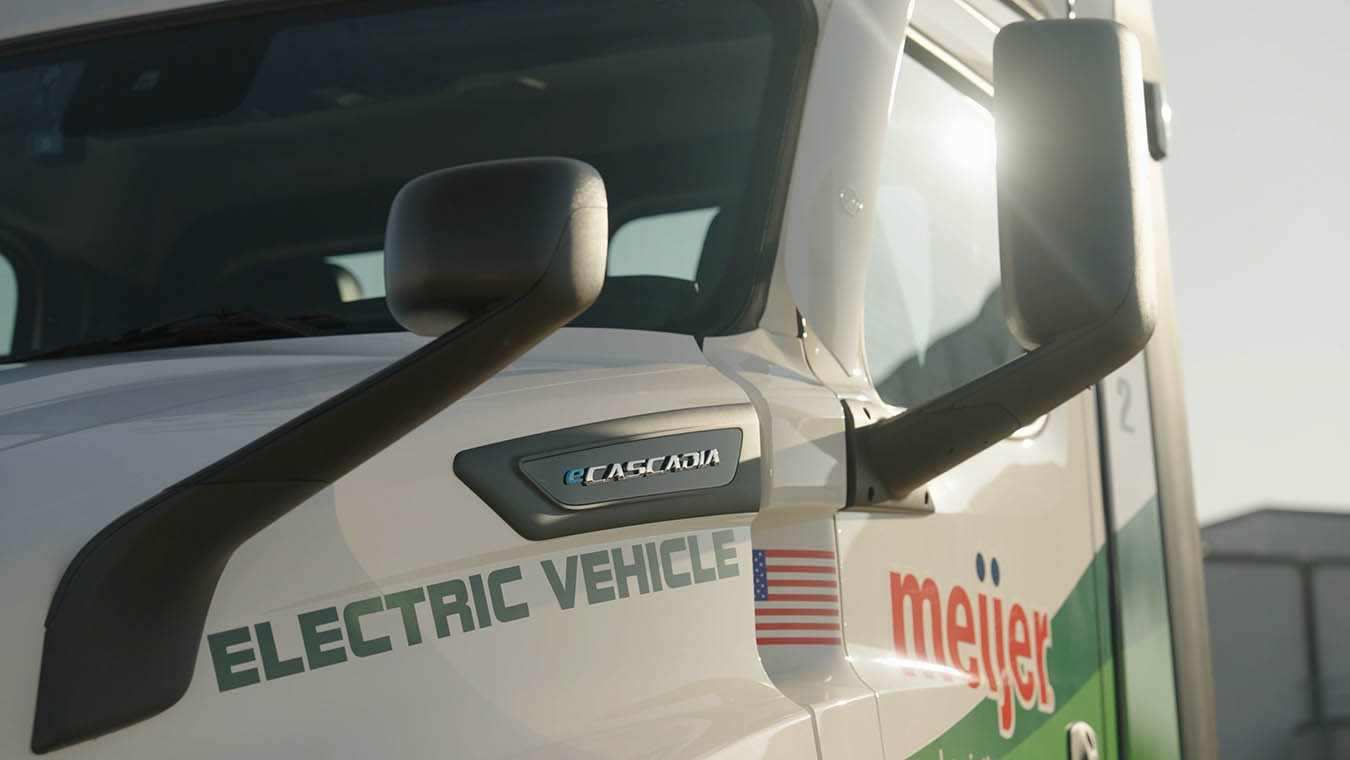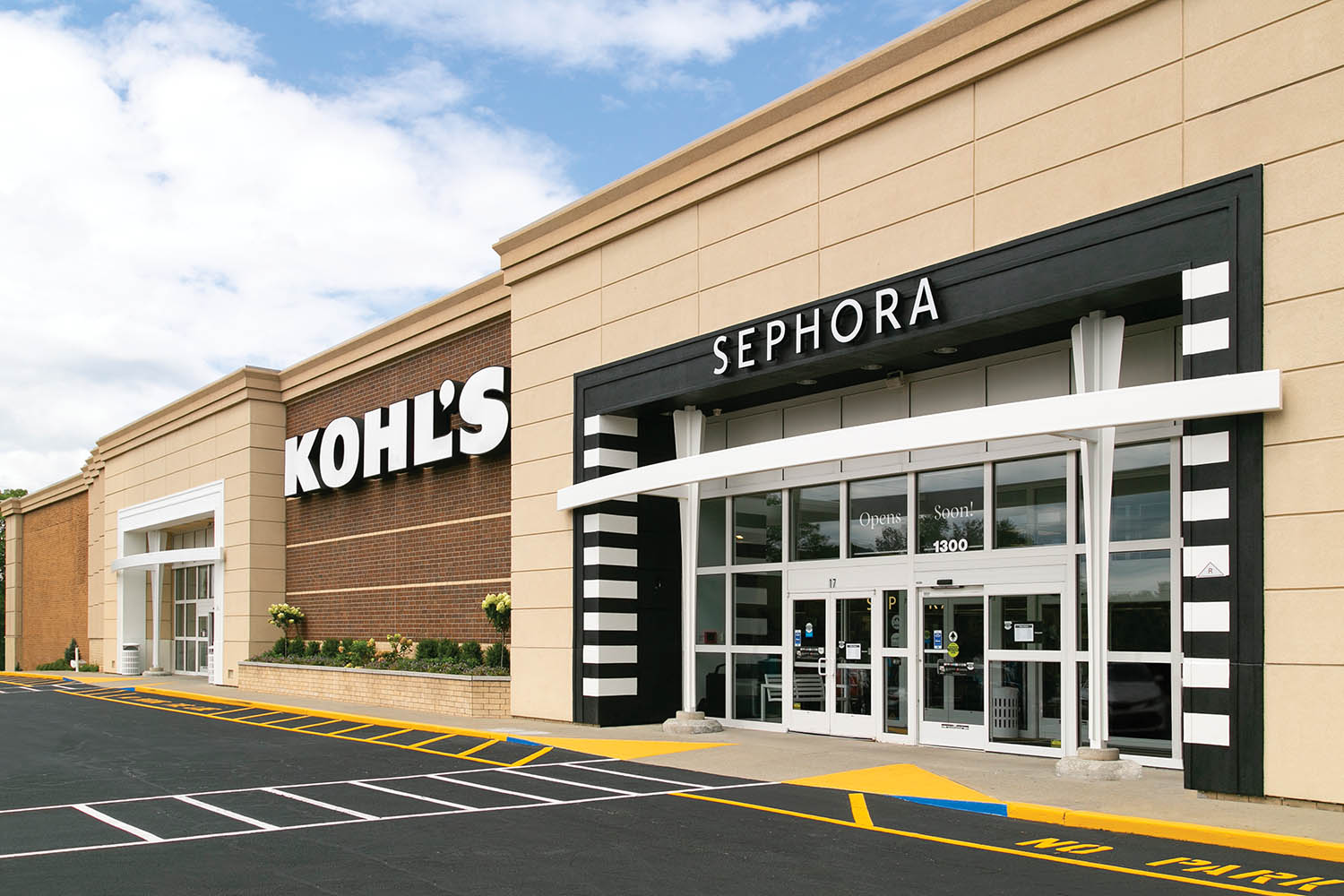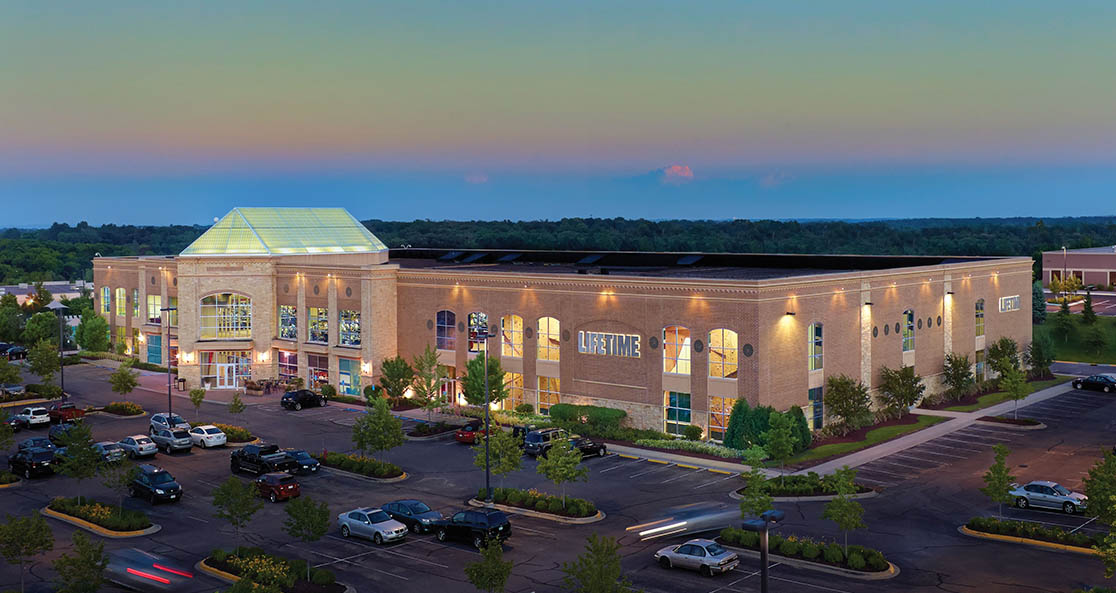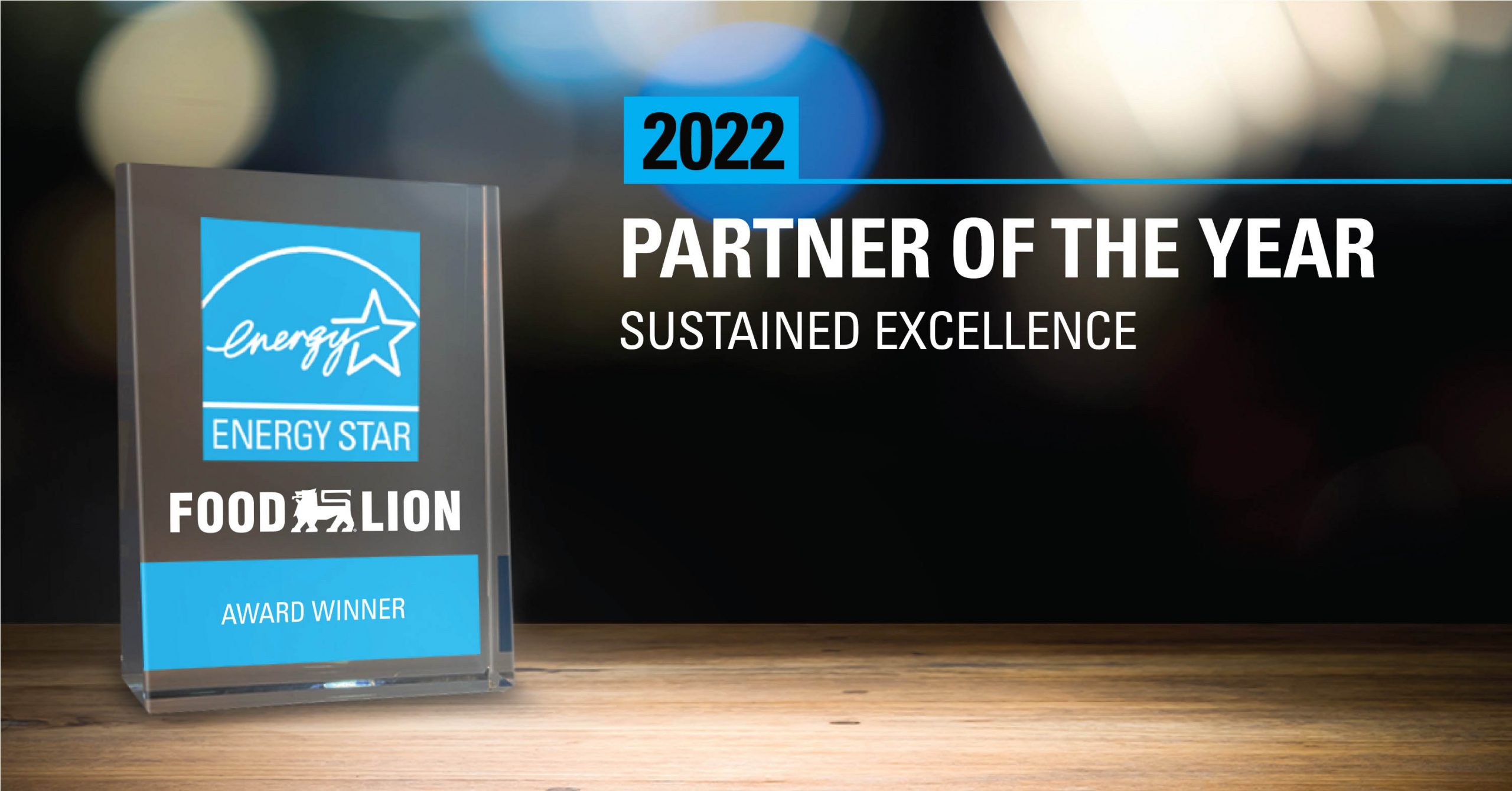Grand Rapids, Mich. — Meijer, a retailer that operates one of the largest fleets in Michigan with 250 semitrucks and the first in North America to implement the Environmental Protection Agency’s 2010 near-zero emissions standards in 2009, is once again leading the retail industry by deploying two of the first all-electric semitrucks outside of California. The Grand Rapids, Mich.-based retailer is also the first nationwide to track the performance of the Freightliner eCascadia semitrucks in a cold weather environment as part of a grant from the U.S. Department of Energy. …
U.S. Department of Energy
— By Katie Lee — Kohl’s expands with smaller-format stores, including Sephora in-store shops; launches new digital conveniences; and reduces its environmental impact. Kohl’s is going big …by strategically going small. While some traditional discount department stores might bring to mind giant power centers with huge parking fields, Kohl’s is betting on the trend that a smaller footprint can better meet the demands of today’s savvy shopper. Just because the physical space is smaller doesn’t mean big things aren’t happening. With more than 1,100 stores across the …
Washington, D.C. — In July, the U.S. Department of Energy (DOE) recognized Better Buildings Challenge partner Life Time, Inc. for energy efficiency advances made throughout its portfolio of athletic country clubs. DOE staff and Life Time leadership toured the organization’s Chanhassen, Minn., club to see firsthand the technologies and procedures that have allowed Life Time to increase its energy efficiency by nearly 40% across its buildings portfolio of 16 million square feet. In 2017, Life Time became the first health club to join the Better Buildings Challenge by committing to …
Salisbury, N.C. — For more than two decades, Food Lion has been committed to sustainability, and these efforts continue to earn the omnichannel retailer national recognition. For the 21st consecutive year, Food Lion has earned the ENERGY STAR Partner of the Year Award from the U.S. Environmental Protection Agency and the U.S. Department of Energy. Food Lion, an omnichannel grocery retailer, operates more than 1,100 grocery stores across its 10-state footprint throughout the Southeast and Mid-Atlantic region. Since 2000, Food Lion reduced energy consumption by more than 853.7 million kilowatt …
— By Cedar Blazek — Two major businesses effectively meet and exceed energy-efficiency goals despite COVID-19 challenges. It’s no secret that the onset of the COVID-19 pandemic in March of 2020 brought everything to a screeching halt. Nearly overnight the world was in lockdown, businesses shuttering — some temporarily, some for good — as the overarching “What do we do now?” question blanketed the economic landscape. The pandemic forced widespread shutdowns across sectors and challenged essential businesses to adapt quickly as consumer traffic changed and public health protocols tightened. …





